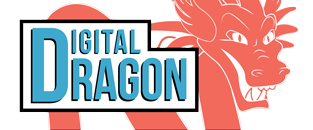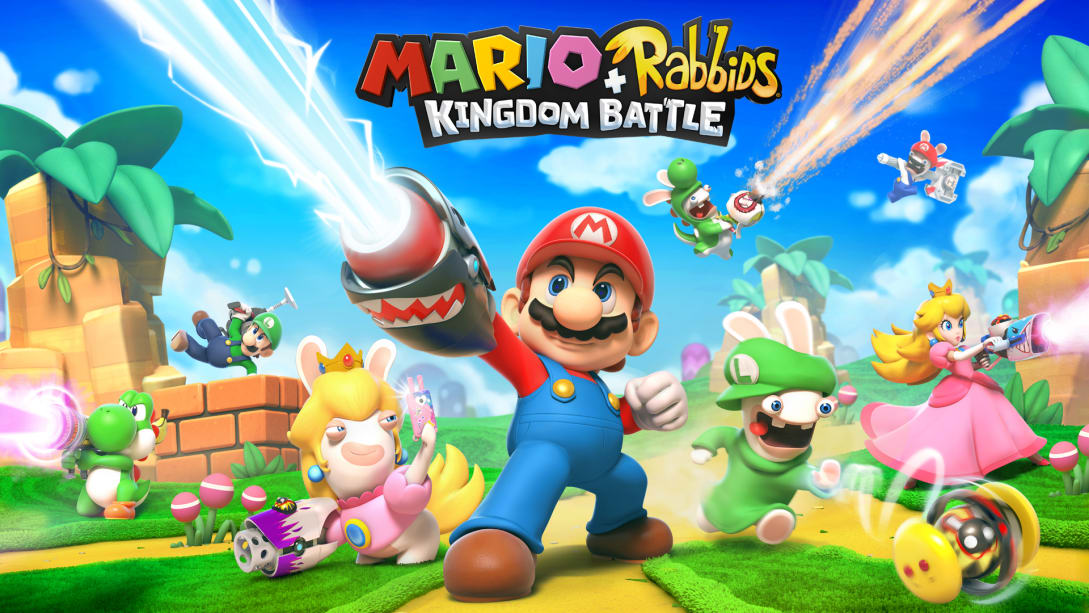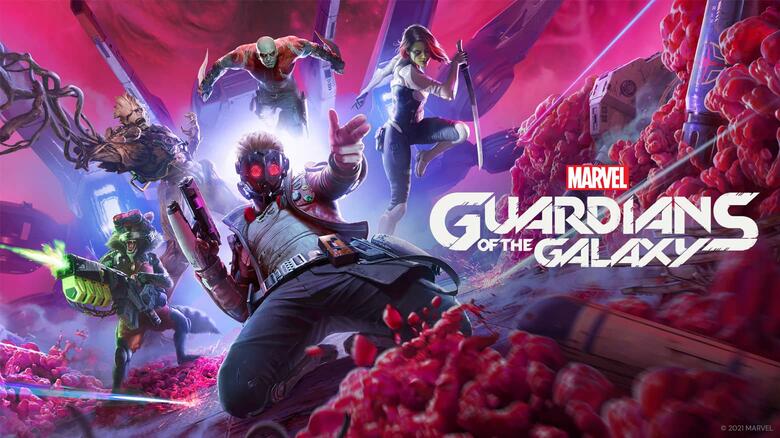What does the gaming industry teach us about the importance of developing educational games for kids?
After the Blockbuster games are announced at E3 is there space for any educational fare?
On the tail end of E3, the announcements of the next gen games and entertainment have poured over the media outlets and networks. From Halo Infinite, the delightful hybrid/crossover of Mario + Rabbids, Zelda: Breath of the Wild, and Metroid: Dread, it’s clear we’re in for some real treats. But what about games Avatar: Frontier’s of Pandora and Guardians of the Galaxy that edge over from cinematic universes? How do they belong in all of this and why are they being mentioned? Will this month’s blog entry solely be about entertainment strategies? Well, yes and no – let’s dive in!
The Yes part: It’s clear to see that establishing sprawling multi-faceted universes is extremely effective for continued engagement and growth. Hence massive movies like Avatar and Marvel’s IP being developed into video games with a considerable budget. Furthermore, geeking out over Star Wars and the MCU or Wizarding World and their respective real world installations at theme parks has never been easier. When we’re not there in person, we can constantly be immersed in our favorite stories across other various platforms of engagement. The interconnectedness of these universes bring together families and fans as barriers of entry into them are almost non-existent.
The No part: We’re failing our students in not creating an “expanded universe” for lifelong learning. We’ve prescribed education in doses and have placed varying values on different learning outcomes (test scores) and experiences (age driven grade levels). Learning has its specified time and when that’s over, it’s often considered time to play. In an easily imagined scenario, we can map together what a more holistic approach can look like. Learning can happen anywhere – it’s authentic, recognized, supported, and valued. To spark our universe, here are some strategies to consider:
- Develop learning opportunities in and around the realms of concern which include family, school, community and the planet as a whole. This allows the impact of learning to be tangible.
- Center relationships (extending into the community) so that we can better understand ourselves, each other, and in what part of the universe we are able to play a part in.
- Establish practices in our own lives that model lifelong learning where work and play are purposely interwoven.
- Explore the breadth of connections already in place in order to identify learning opportunities that may be previously hidden or undervalued.
TLDR; We can always and easily fall into our favorite entertainment universe – which has been meticulously designed for us to do so. Less so do we deliberately fall (or even recognize) our learning multiverse. While great things are happening in education, they are often isolated and labeled as “school time” or “work” and less so as a celebration of self/family/community identity, curiosity, and achievement. We exhaust countless hours engaging in entertainment universes, it’s about time we invest in an Expanded Educational Universe.
About the Author:
John Balash was instrumental in Digital Dragon’s launch in 2013 as its first Curriculum Director and is now back in the fold as a consultant on all the latest and greatest in tech education.This is John’s latest contribution to a monthly blog series we’ve launched, Tech News from the Frontier. John is the Director of Educational Engagement at Carnegie Mellon University’s Entertainment Technology Center. John has worked on educationally-focused initiatives with clients ranging from D.A.R.P.A. to Disney. Working from both sides of the desk, you can find John in classrooms and conferences around the world exploring new uses for technologies in learning environments.


